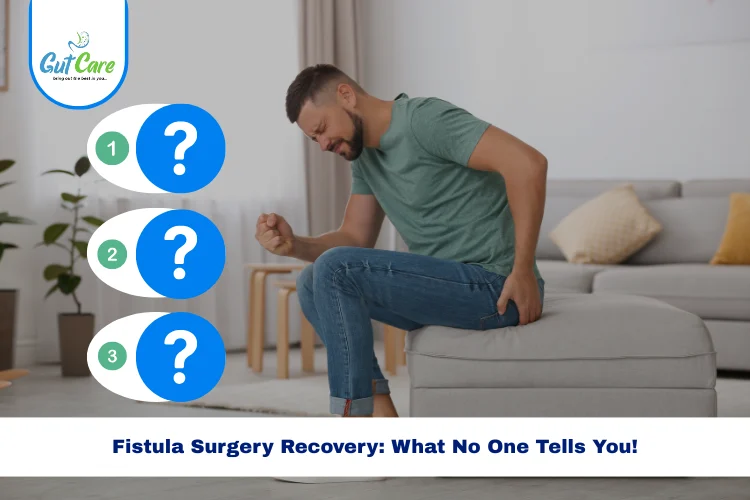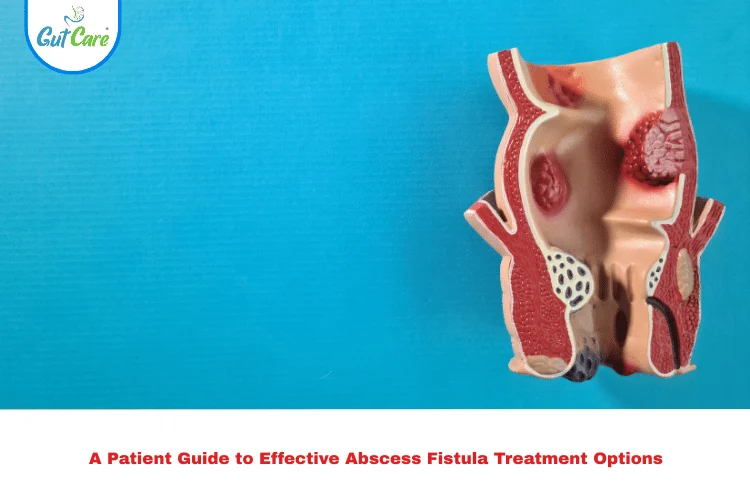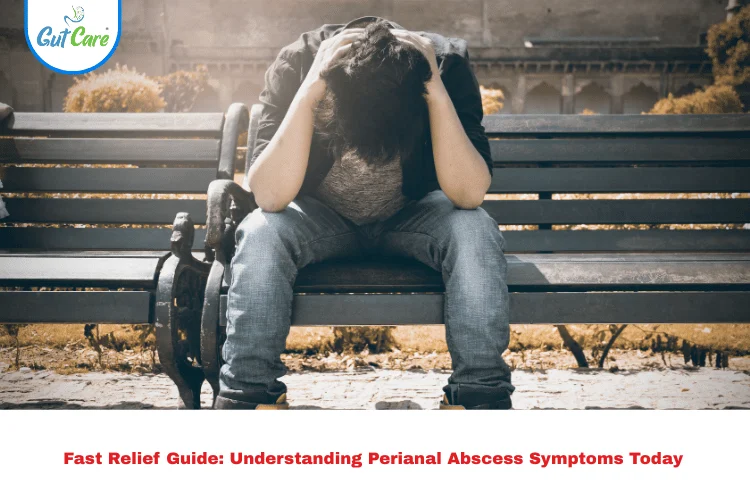Fistula surgery is a crucial step toward healing, but what really determines long-term success is how well you care for your body afterward. From your diet after surgery to precautions to be taken after fistula surgery, this blog covers everything you need to know for a smoother, faster recovery.
Why Post-Fistula Surgery Care Matters
Your body will take time and care to heal following anal fistula surgery. Neglecting wound care, skipping follow-ups, or consuming inappropriate foods will result in complications and delayed recovery. Proper post fistula surgery care will enable you to decrease infection risk, alleviate discomfort, and get back to normal life earlier.
What to Expect After Fistula Surgery
Recovery times vary depending on the type of surgery (laser, open, or seton), but in general, patients can expect:
- Mild pain or discomfort at the surgical site
- Minor bleeding or discharge in the first few days
- Gradual improvement over 2–4 weeks
You’ll likely receive instructions on how to clean the wound, when to take medications, and which activities to avoid. But one size doesn’t fit all—let’s dive into specifics.
Wound Care Tips After Fistula Surgery
Taking care of the surgical site is non-negotiable. Here’s how to do it right:
1. Keep the Area Clean and Dry
Use lukewarm water to gently cleanse the area after each bowel movement. Avoid harsh soaps. Pat dry with a soft towel—no rubbing.
2. Sitz Baths Are a Game-Changer
Soak in warm water (no additives) for 10–15 minutes twice daily. It promotes healing and eases pain.
3. Dressings and Ointments
Follow your doctor’s instructions regarding antiseptic ointments or gauze changes. Don’t skip this step—poor hygiene can delay healing.
4. Monitor for Red Flags
Watch out for increased swelling, pus, fever, or intense pain. These may indicate infection and require immediate attention.
Best Diet After Fistula Surgery
What you eat plays a massive role in healing and avoiding constipation (which can reopen wounds). Your diet after fistula surgery should focus on:
- High-Fiber Foods: Oats, fruits, vegetables, and whole grains make stool softer.
- Abundant Fluids: Drink at least 8–10 glasses of water a day.
- Spicy & Greasy Foods Avoid: They will irritate your digestive system.
- Probiotics: Add yogurt or fermented foods to promote gut well-being.
Lifestyle Tips & Precautions to Take After Fistula Surgery
- Limit Physical Activity: Avoid lifting heavy objects for at least 2–3 weeks.
- Stay Regular: Use stool softeners if prescribed. Straining during bowel movements is a big no.
- No Smoking or Alcohol: These delay healing and increase the risk of complications.
- Follow-Up is Key: Regular post-surgery check ups ensure you’re healing as expected.
Healing Timeline: What’s Normal?
| Week | What to Expect |
| 1 | Mild pain, some drainage, wound still fresh |
| 2 | Less discomfort, wound beginning to close |
| 3–4 | Most patients feel 70–80% healed |
| 6+ | Full healing, depending on individual recovery |
Conclusion: Be Patient, Stay Proactive
Healing from fistula surgery is a journey. While it may feel slow at times, each day of rest and care takes you one step closer to full recovery. Following the right post-fistula surgery care plan, eating the right foods, and listening to your body can make all the difference.
FAQs
1. How long does it take to recover from fistula surgery?
Most patients recover within 3–6 weeks, but it can vary based on the procedure and your overall health.
2. What foods should I eat after fistula surgery?
Focus on high-fiber foods, lots of fluids, and probiotics to prevent constipation and aid healing.
3. Can I walk after fistula surgery?
Yes, light walking is encouraged after the first couple of days to maintain circulation, unless your doctor advises otherwise.
4. Is pain normal after fistula surgery?
Mild to moderate pain is common in the first few days. If it becomes intense or persistent, consult your doctor.
5. Can fistula come back after surgery?
There’s a chance of recurrence, especially if post-surgery care is neglected. Follow all medical advice to lower this risk.




